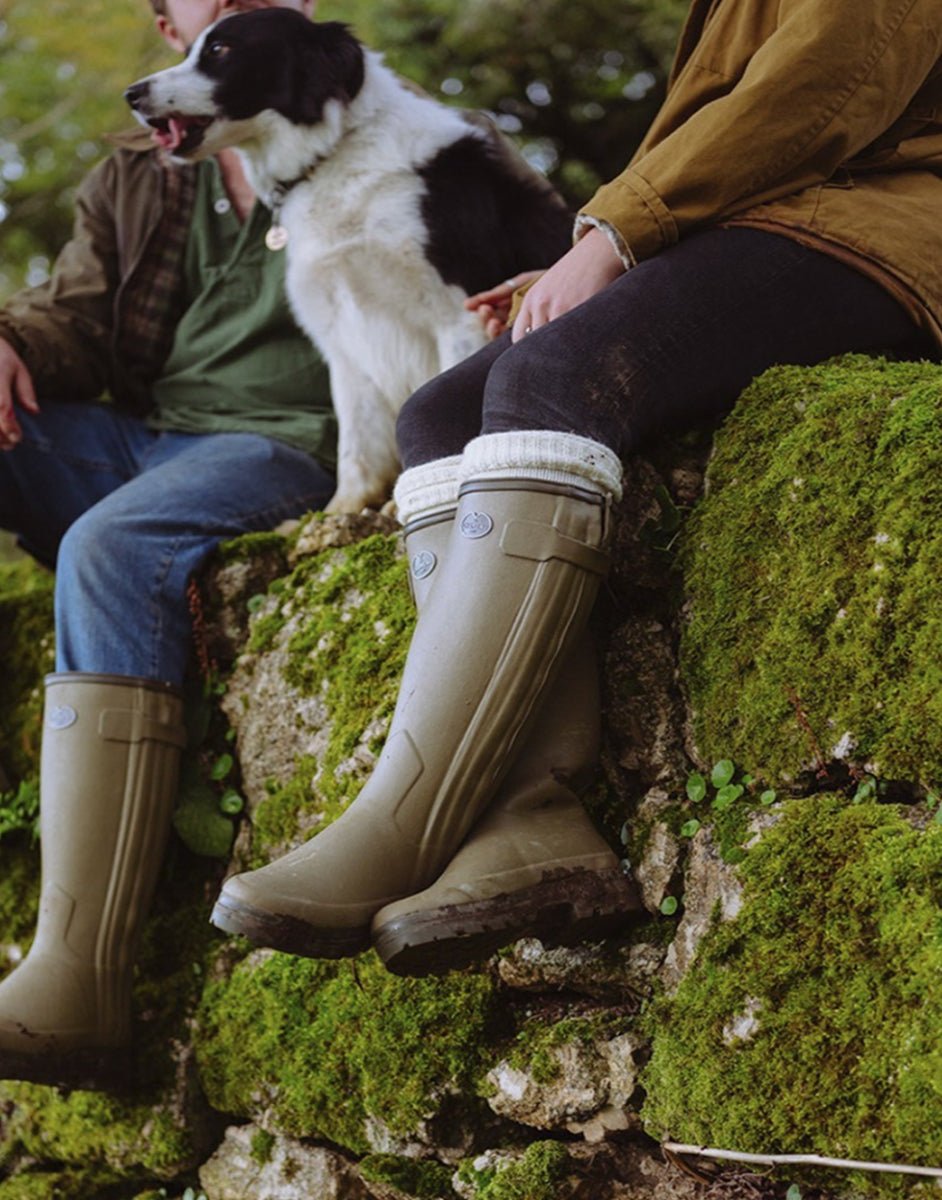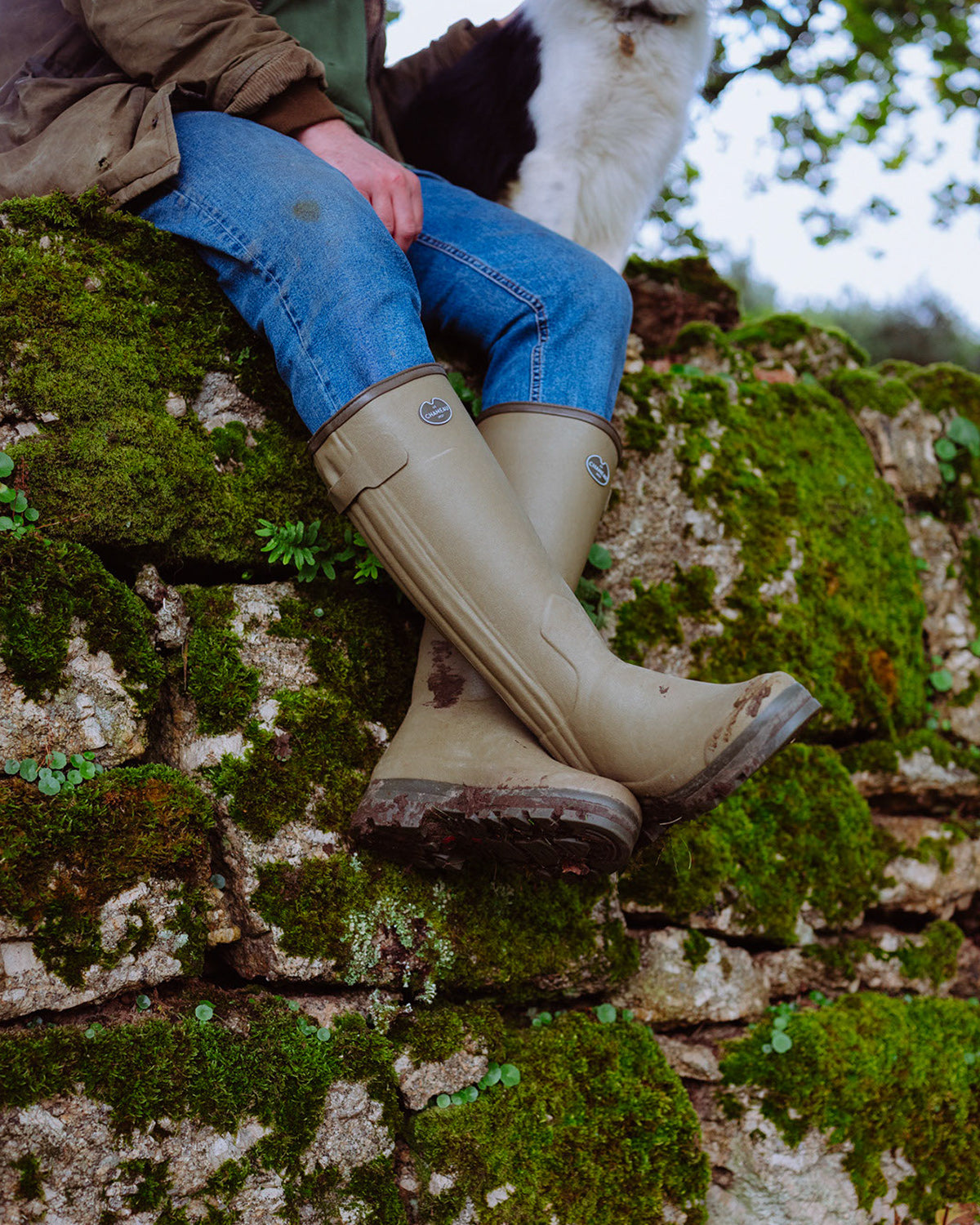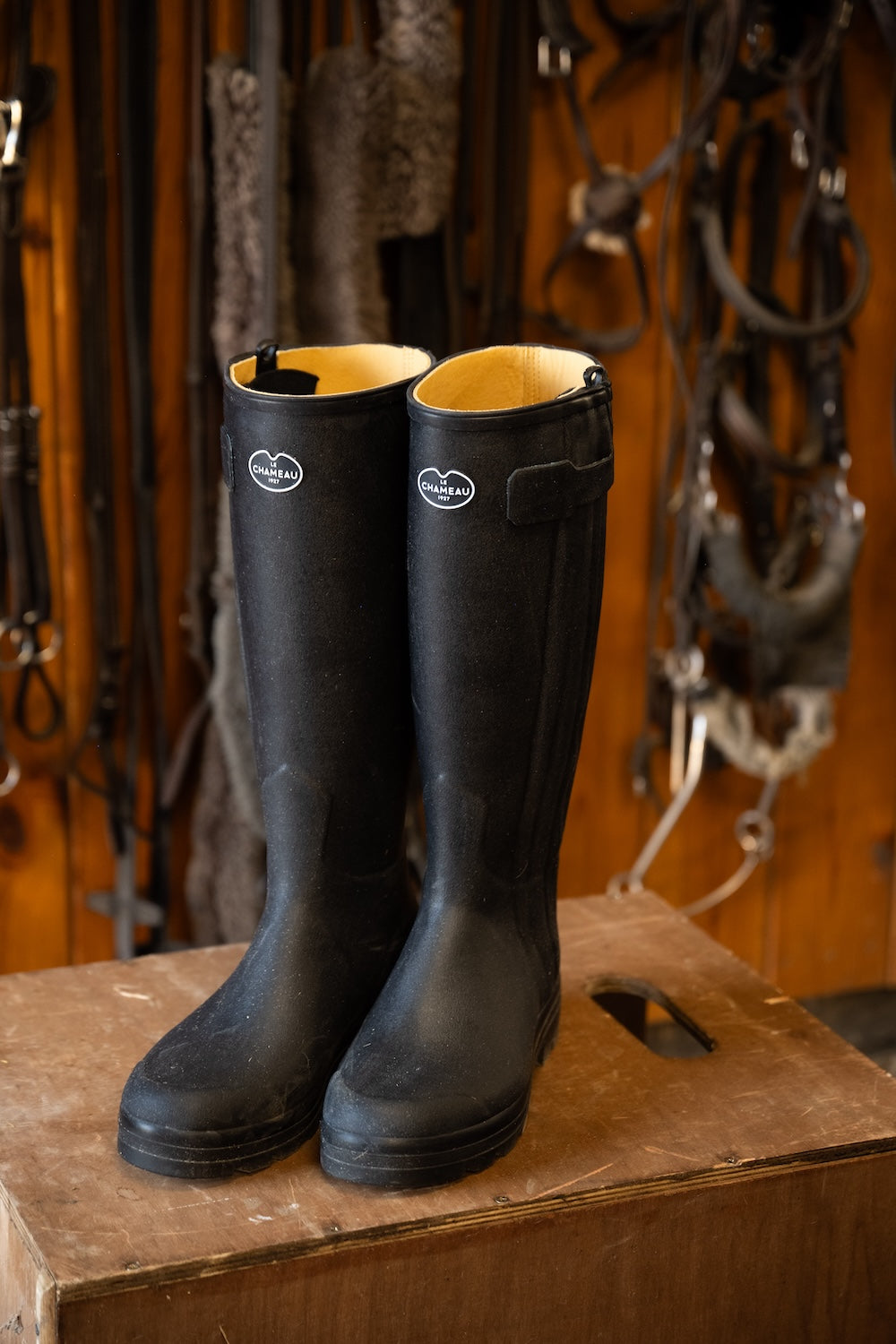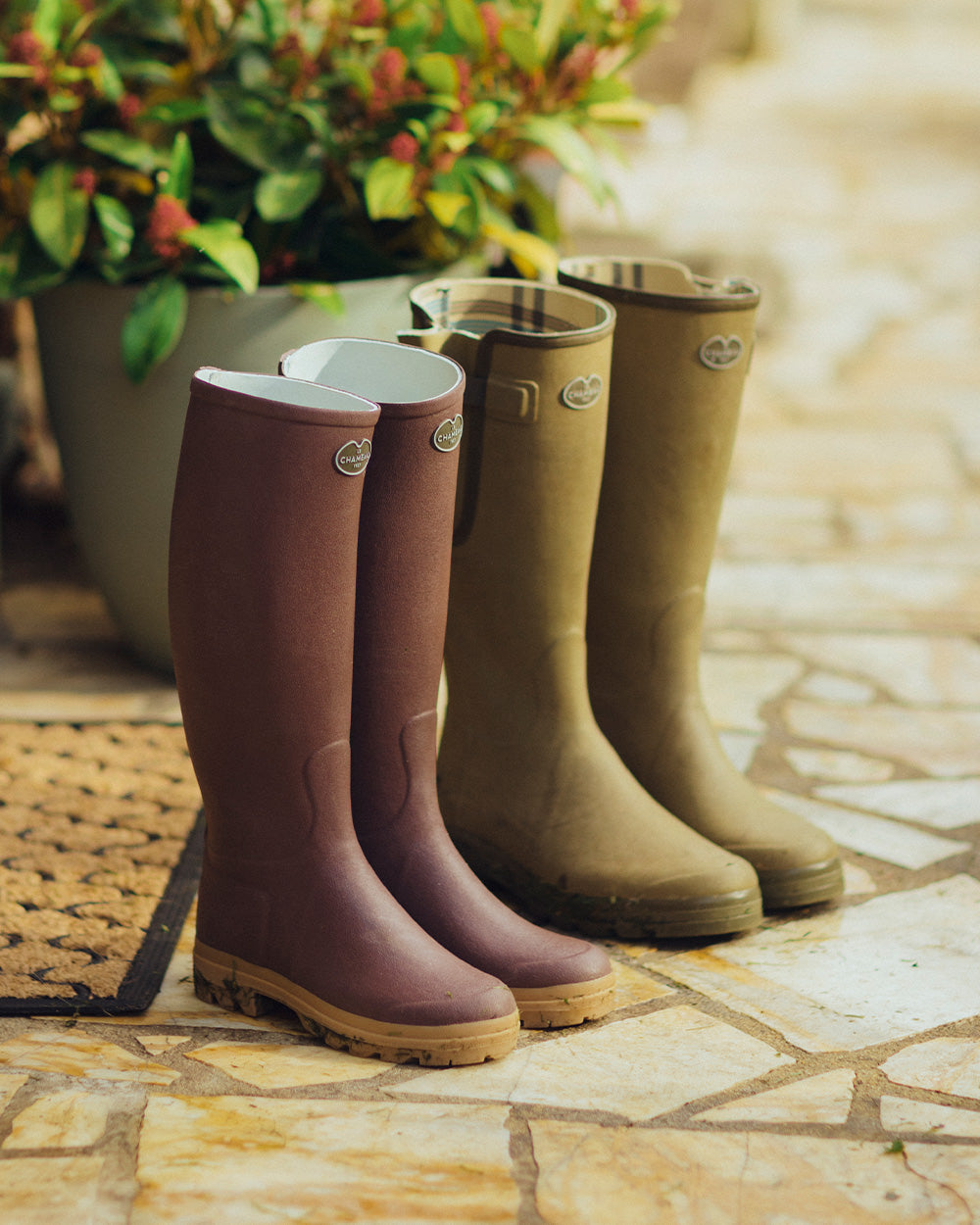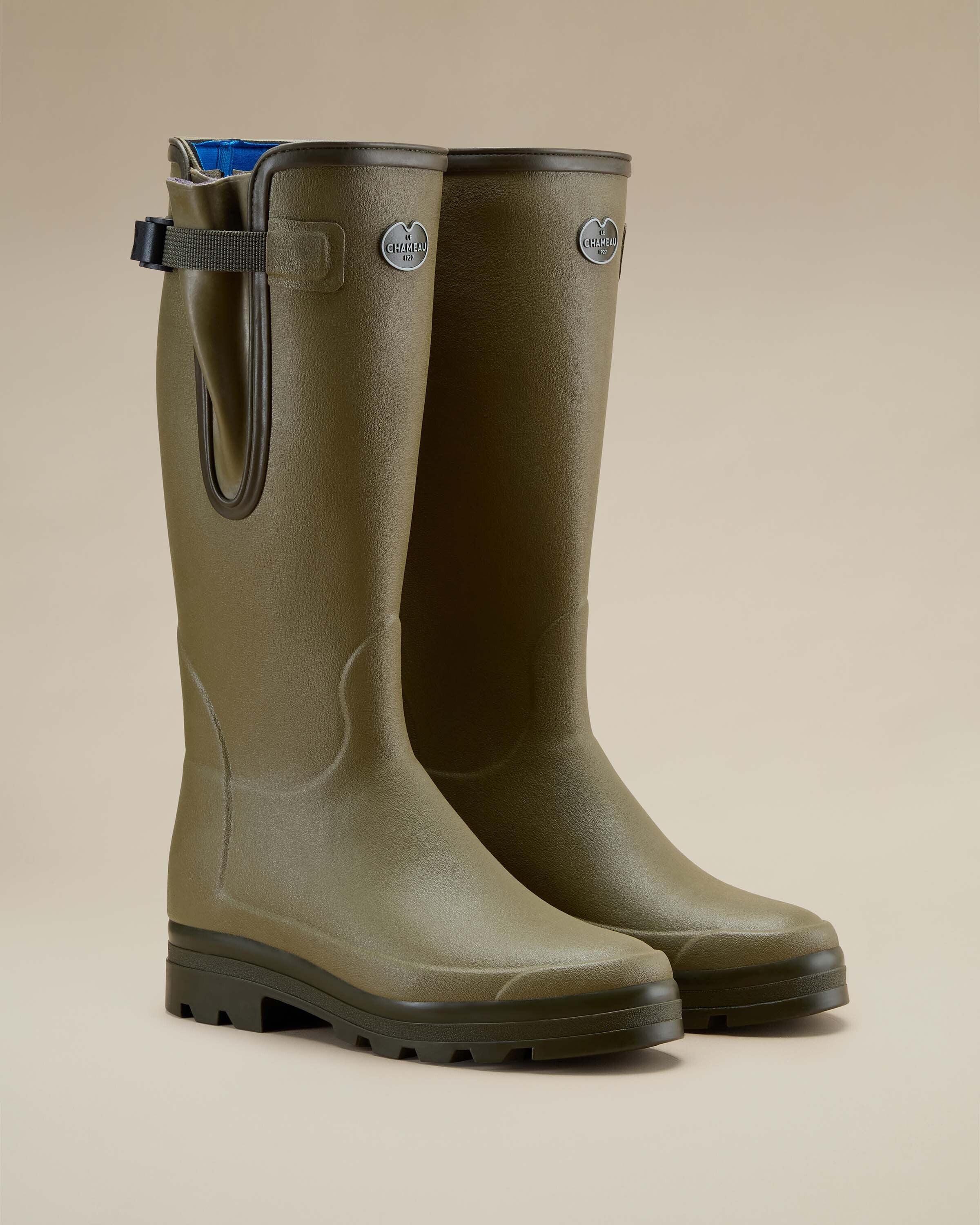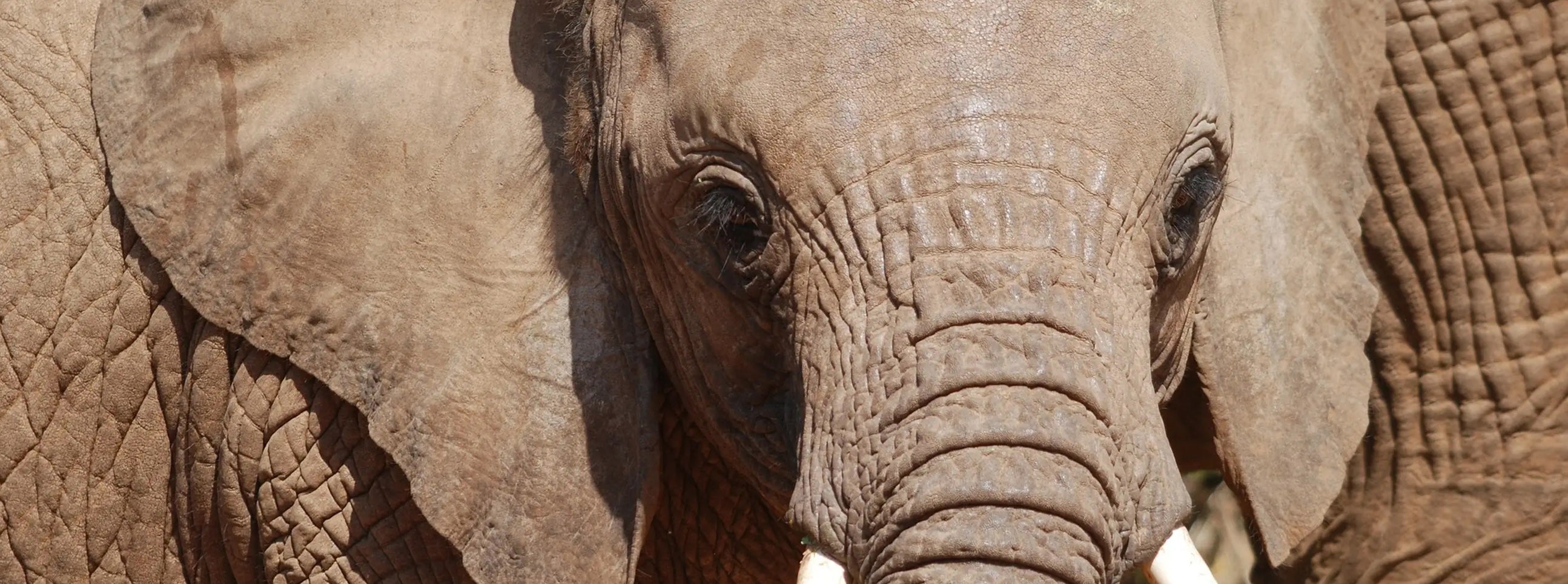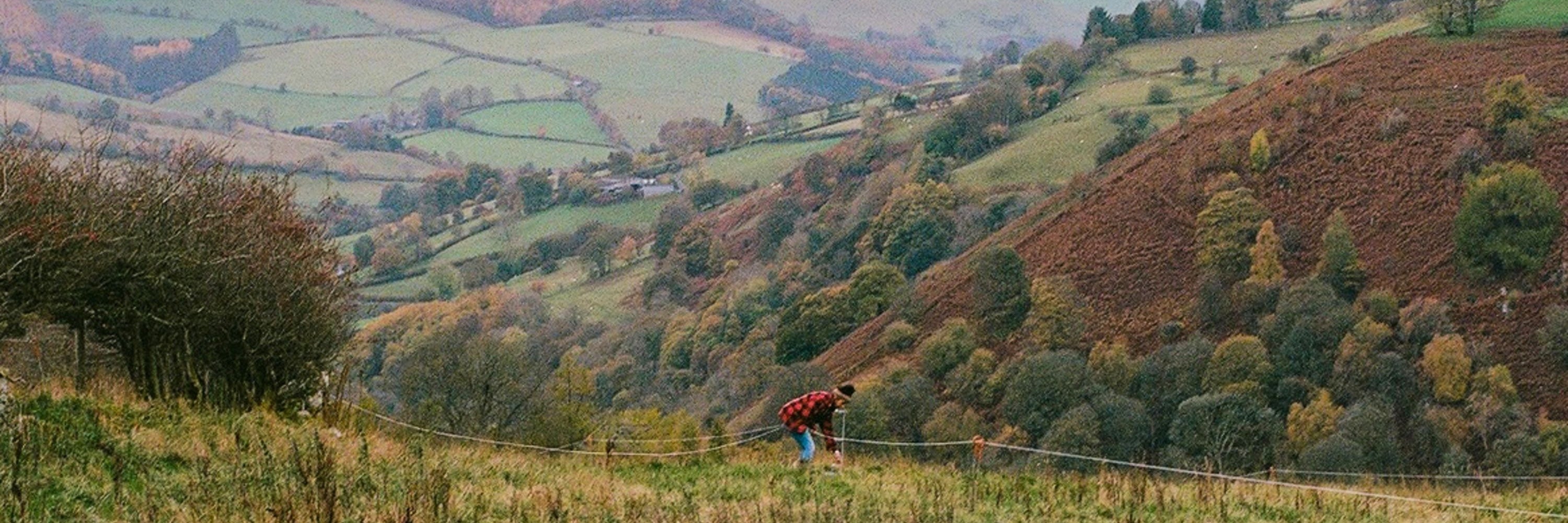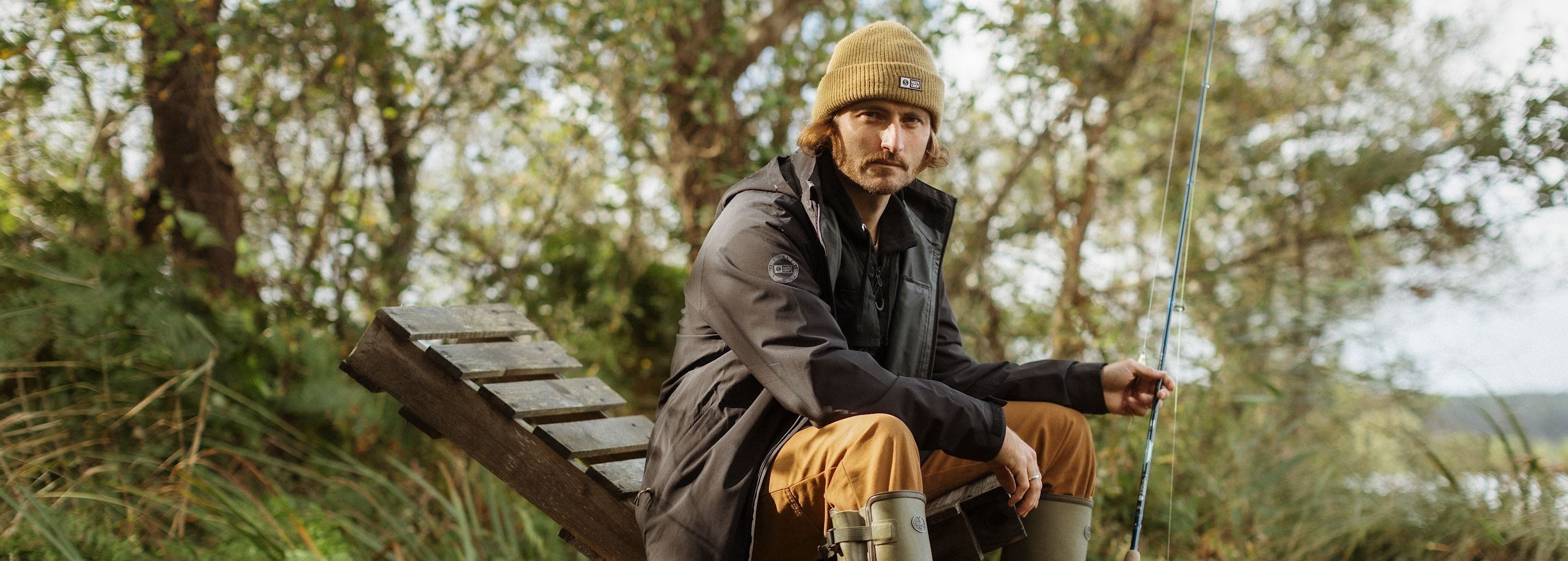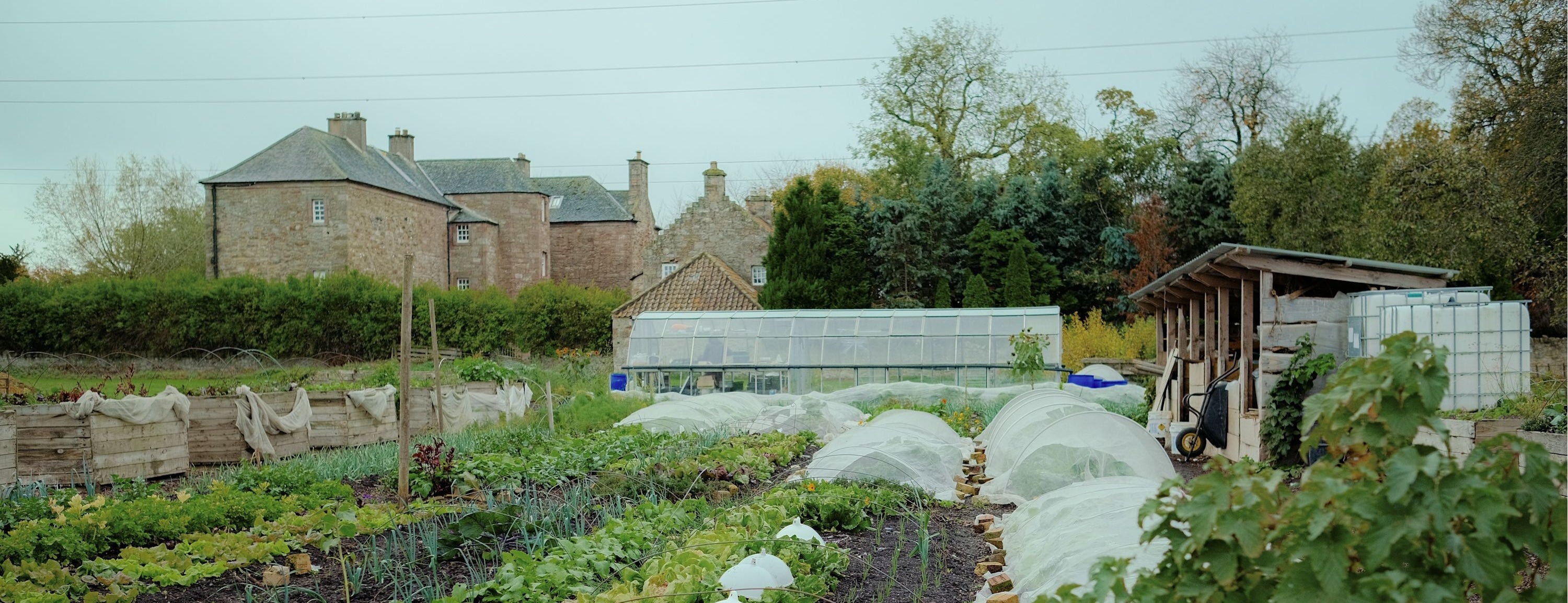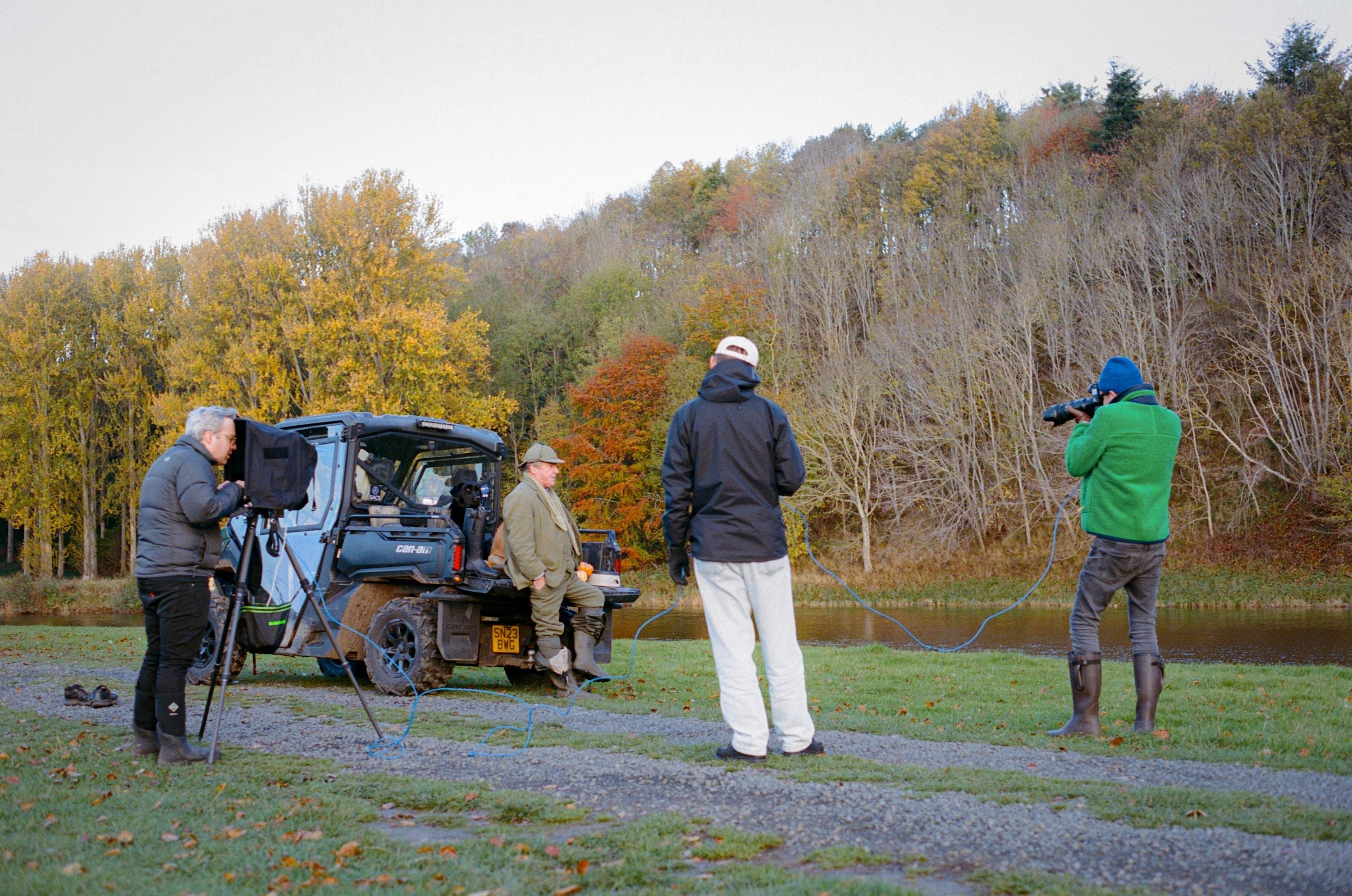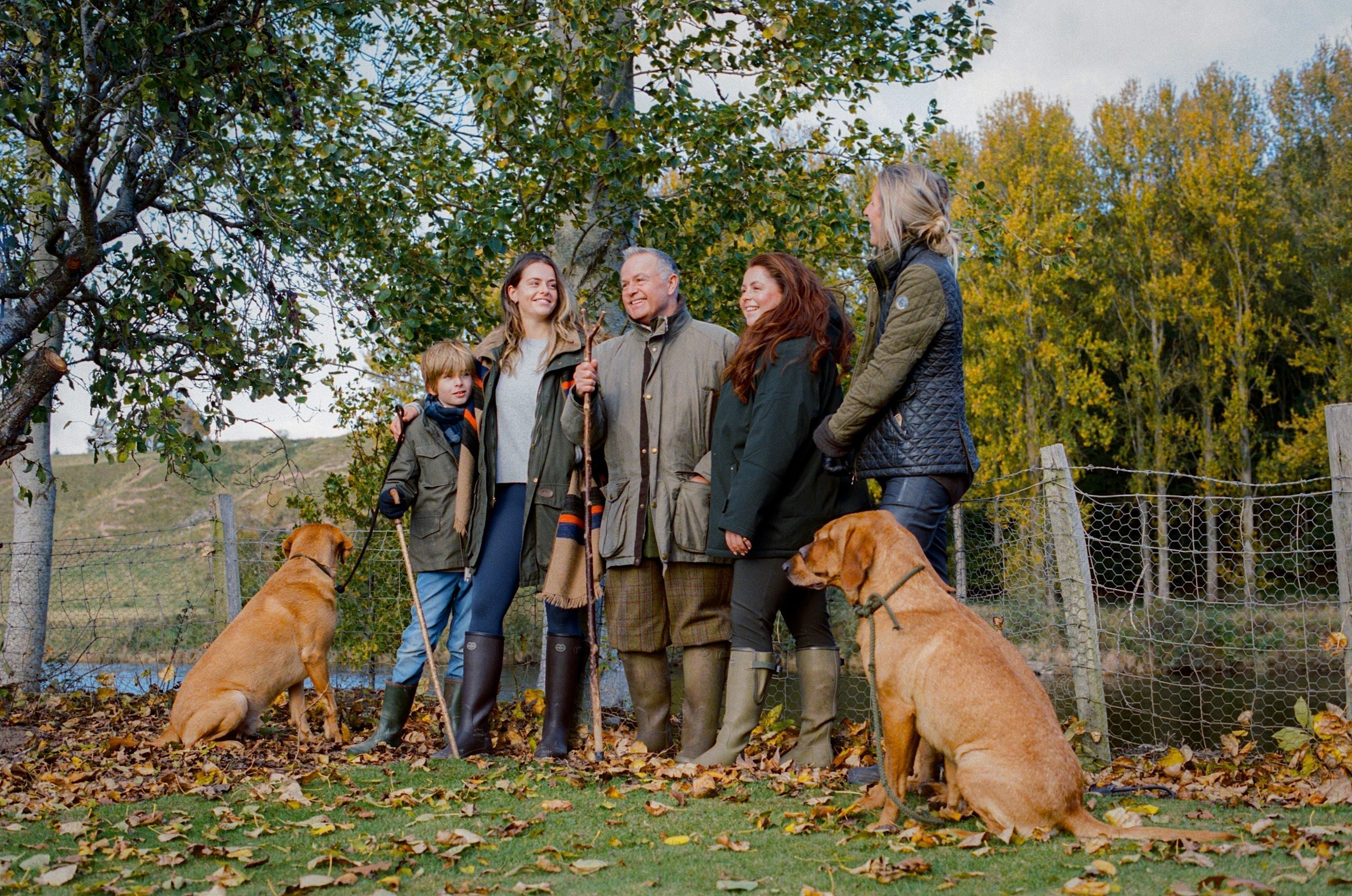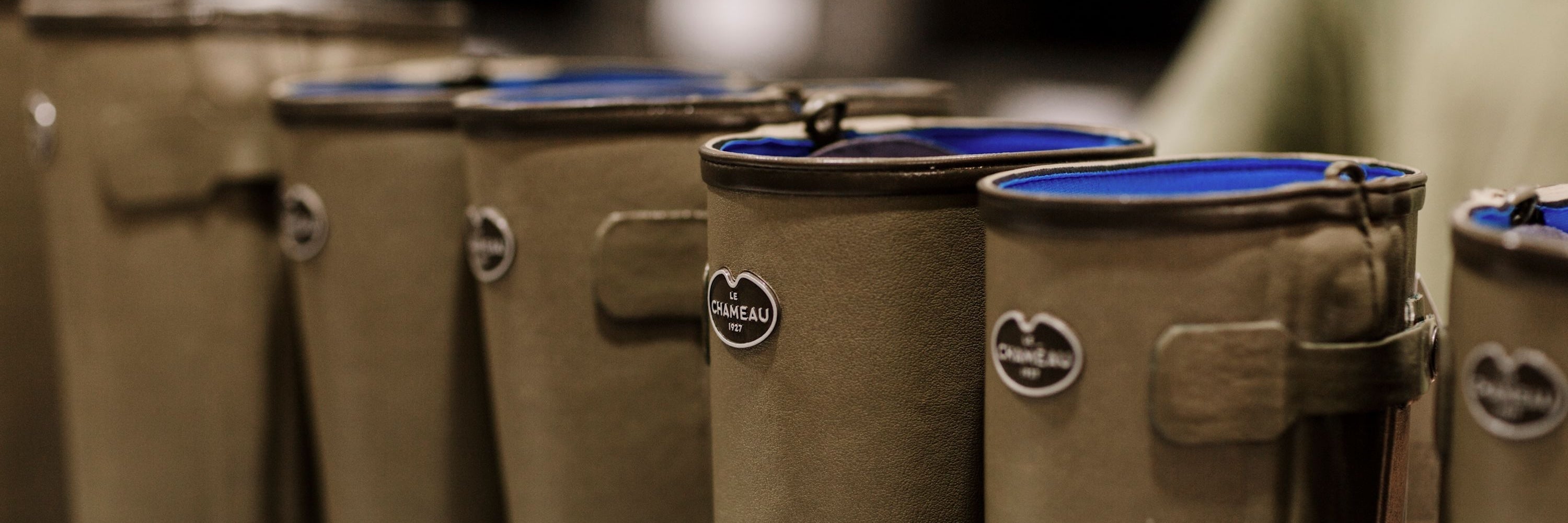We take a closer look at the ambitious charity that is tackling human-animal conflict in Tanzania and empowering local communities, particularly women, through clever use of a ‘natural technology’.
Human-animal conflict poses one of the greatest threats to some of the world’s most iconic wildlife species. In Africa, the clash between communities and elephants serves as a prime example. Pioneering charity Wild Survivors is on a mission to turn that conflict into sustainable co-existence that protects animals and empowers people – with the help of… wait for it… hundreds of thousands of honeybees.
In Brief: Elephant-Human Conflict
In recent decades, human encroachment on wild habitats has accelerated, and both agricultural and industrial activity have expanded. As a result, elephant habitat is lost or fragmented. Under greater pressure to find food and water, the animals raid farmland, threatening livelihoods and exposing themselves to retaliation killings and poaching in the process.
It's a complex and nuanced issue, but stark statistics allude to its severity. In Tanzania alone, between 2009 and 2014, 60% of the elephant population was killed in poaching incidents.
What is Wild Survivors?
Wild Survivors is a charity that was launched by Francesca Mahoney in 2016, in response to the dire situation playing out every day between people and elephants living in close quarters.
The charity focuses on ‘conflict hotspots’, specifically in Tanzania, where wild habitat meets village land. Ultimately, Fran and her team are striving to ensure the country’s elephants can move freely and safely between their habitat areas, while improving the prospects of the people who live and work on the land.
To do this, Wild Survivors focuses on four key areas: fostering co-existence between elephants and people; alleviating poverty and bolstering rural communities; protecting habitat and building climate change resilience; and educating and empowering women and young children.
How is Wild Survivors Saving Elephants and Supporting Communities?
The first step was research. After forming a team on the ground, the charity went on a learning journey, mapping and tracking elephant movements, consulting with others who share their objectives, and engaging with and listening to the people who live in the areas where the challenges are most pronounced.
With a glut of information and the views and concerns of a wide range of stakeholders gathered, the charity then set about creating aligned solutions that would be both scalable and accessible to remote communities.
Importantly, every step of the endeavour has included the input and participation of the people whose lives it will benefit most. That work has involved erecting a 4.25km beehive fence to keep elephants away from farmland bordering the Ngorongoro Crater forest. It has led to the creation of a market chain for the honey and wax produced by the bees, and has helped farmers look at crop diversification options, elephant buffer crops, water infiltration and carbon sequestration projects. Wildlife monitoring, reporting, and data and research analysis have also been introduced. Meanwhile, wildlife safety workshops continue to be delivered at local schools.
Simply put, Wild Survivors has been very, very busy. And its efforts are making a real difference. Since the charity’s inception, no elephants have been killed or harmed by the communities it is working with. Farmers have seen a 38% increase in profits from farmland protected by bees and are now spending almost half the amount of money they previously did on traditional elephant deterrent methods such as torches, tractors and guards. Crop raiding by elephants has reduced by 70%, and the recently established Women’s Beekeeping Enterprise is consistently turning a healthy profit.
Wait... How Do Bees Deter Elephants?
Elephants don’t like bees and are particularly keen to avoid being stung on the soft tissue on the inside of their trunks and the thin areas of skin around their eyes and ears. Aware of this innate fear, Dr Lucy King at Save The Elephants developed the novel solution of hanging beehives from wire fences to deter the large animals from certain areas – and it works.
Camera traps have observed the inquisitive and intelligent giants inspecting the beehive fences. Those brave enough to try their luck and attempt to cross the fence or remove the obstacle from their path have set the hives swinging, disturbing the bees and paying the price before retreating back into the forest. The charity describes the process as “using nature’s own technology to build a long-term solution.”

The Women & Bees Initiative
In 2022, with the support of The Elephant Crisis Fund, Wild Survivors launched Women & Bees, an initiative that delivers training, equipment and opportunities for women who live and farm along the elephant corridor boundary.
As part of the initiative, 36 women have undergone training in practical beekeeping, learning how to care for the bees, inspect hives and harvest honey. The charity has assisted in the establishment of an apiary, and has helped the group, named ‘The NARI Women’s Beekeeping Group’, form The Enterprise Hub, which is now fundraising for a professional honey processing room, kitchen, store and training/meeting area.
The beekeeping enterprise creates a group fund for school fees, everyday needs, and the purchase of gas which removes the need to forage for firewood in elephant habitat. On a broader level it offers huge value by creating financial independence for women in communities where, traditionally, they struggle to access education and are relied upon to run the household and complete chores. The work of Francesca and her team is empowering women and bridging the gap in historic gender inequality.
The success is spreading, too; excitingly, to mark International Women’s Day on March 8 this year, the NARI Bee Ladies have invited the new women’s beekeeping group from the neighbouring village to join them for a big celebration. Keep an eye out for that on social media!
The Boots on the Ground
Impressed and awe-inspired by the charity’s work so far, we were delighted recently to donate 45 pairs of Le Chameau boots to the Wild Survivors field team and members of the NARI Women’s Beekeeping Group.
“All 36 members of the NARI Women's Beekeeping Group now have a pair of the Giverny ladies’ boots,” explains Francesca. “Lightweight and ideal for traversing the muddy hills of Upper Kitete, they are perfect for tucking their bee suits into and I’m sure they will offer comfort and protection whether they’re working at the apiary, in the processing hub or the permaculture garden.
“Equally, the lace-up Explore boots gifted to our Serengeti Guardians will help them on foot patrols and beekeeping activities along the beehive fence and elephant corridor.
“Everyone is absolutely thrilled!”
To learn more about Wild Survivors and discover how you can support its work, visit the charity’s website.

